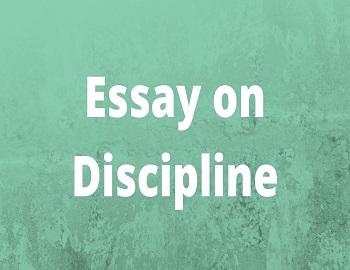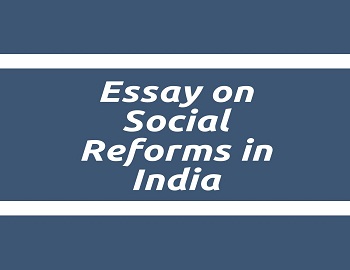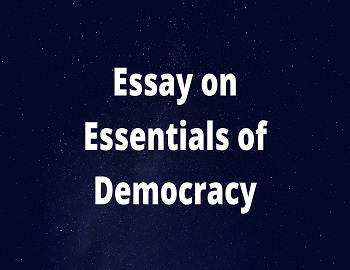The Old Order Changeth Yielding Place to New:
| “Everything flows. You cannot step into the same river twice”. |
This is a very famous line from the Greek Philosopher Heraclitus. This line emphasizes the fact that change is a necessary part of life. But change does not imply the rejection or destruction of the past; it is merely an attempt to mold the old ways of life and thinking to suit new conditions. It is, in reality, the expression of man’s struggle for existence, an attempt to make progress and not to continue to stagnate. Many persons do not understand the implications of this statement. They should know that if they refuse to welcome change, they merely stagnate. Stagnation in any sphere of life means death.
The truth that this line brings out finds ample proof in the world of nature. The moon in the sky waxes and wanes. Oceans rise and fall. Flowers bloom and then wither. Seasons come and go. The day succeeds the night, the night succeeds the day. The infant soon enters the stage of childhood which gives place to boyhood and then to manhood. Even this does not last forever. Then there is the earth. Cast your eye in whichever direction you like, you will find that change is the law of life. The essence of life is motion and motion means change. When life knows no change, it is over.
Man himself and all his handiwork, are subject to change. The glory of human life at once lies in change. It is the process of change. It confirms the statement that change is the law of life. It is only inert matter which continues as it is unless it is acted upon by external forces.
The world today is very different from what it was half a century ago. With the dawn of the next century, it will be ready to undergo much greater transformation. This will make it look different from what it is today. The great advance in science has changed the world beyond recognition. Space and time have been annihilated. The very globe seems to have shrunk in size. The forces of nature have been mastered to an extent never dreamt of before.
The impact of these vast changes in the outside world on the human mind has been very deep. It has produced a total change in the style of living. Young people will not find it easy to realize the change that this has brought about in the lives, say, of the woman-folk. Not very long ago, a woman was regarded as an inferior being, physically weak, easily frightened, apt to faint or grow hysterical, and incapable of understanding politics and finance. If married to a rich man, she was expected to be a beautiful plaything, who could be charming to him when the serious work of the day was over. Otherwise, she became a household drudge whose work was never done. The woman of today claims equality with men. She has won political rights. All this shows that the old order of things has changed. It has given place to a new one.
How do we account for this change? The obvious answer is that nothing that is full of life can remain as it is, for long. The environment exerts its own influence. Labor-saving devices which science has placed at the disposal of housewives such as the sewing machine and the vacuum cleaner have reduced the household chores to the minimum, and given her time to spare. She has moved out of the four walls of her house to work as a shop assistant, a typist, a secretary, a fashion designer, and so on. These new openings have brought about a complete revolution in a woman’s life and thinking. She resents being looked upon as dependent on her husband. The new order which looks open to her as an independent entity is gradually driving the old one out.
Perhaps, nowhere is the march of time more evident than in the sphere of politics. Feudalism has yielded place to nationalism which, in our times, is being discarded in favor of internationalism. The point to note is that even in the sphere of politics, ideas continue changing.
Man’s outlook on life and religion has not remained stationary. Blind faith, superstition, religious fundamentalism, and crude forms of worship are rapidly disappearing.
As a final remark, we may note that change is welcome but not for its own sake. It is welcome if it changes the world for the better. We have to build anew, but we must build on solid foundations.









Comments (No)